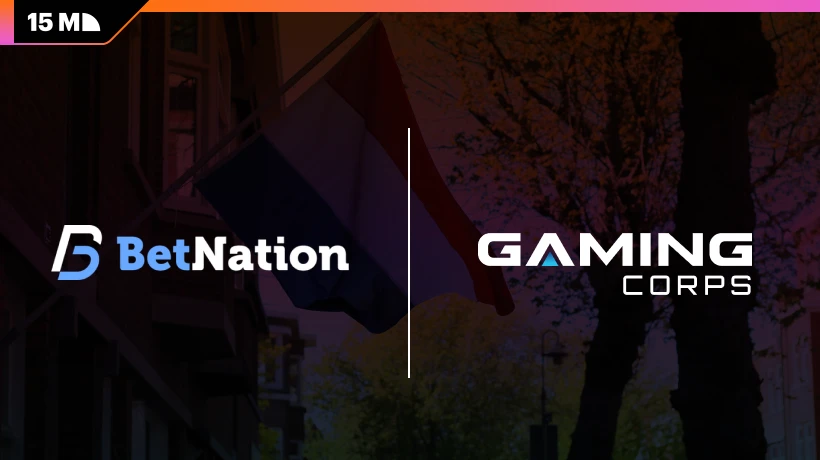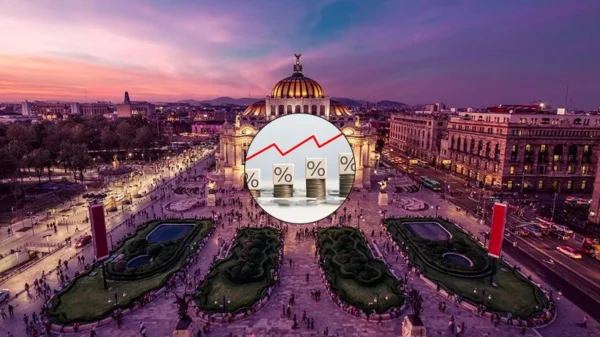Michel Temer, who signed the 2018 law legalising sports betting in Brazil, is now expressing doubts about the decision. At the time, he was seeking new revenue sources during his final months in office and considered sports betting a “middle-ground” solution after larger casino plans proved too ambitious.
In a recent TV interview, Temer admitted that sports betting’s social impact has been harsher than he anticipated. “People, especially some from impoverished communities, allocate a large part of what they earn to betting,” he said, noting that even welfare funds are being used for gambling instead of essential needs.
Why Temer Now Has Doubts
The law has led to troubling consequences: families in low-income areas are falling into debt, with government welfare payments often redirected to betting platforms. What was meant as a revenue-boosting reform has instead created new social risks.
What’s Happening With Brazilian Betting
Brazil’s regulated betting market has already generated BR 773.9 million ($137 million) for sports and government coffers in the first half of 2025. However, the rapid revenue growth comes alongside rising family debt, particularly among welfare recipients who are highly exposed to gambling harm.
Even industry observers are surprised by how much of low-income households’ budgets are being consumed by betting platforms.
How This Changes Brazil’s Approach
While lawmakers enjoy the tax windfall, growing evidence of social harm is forcing regulators to act. Temer admitted it’s “politically difficult” to reverse course once the money starts flowing, but pressure is mounting to impose stricter safeguards.
His public doubts now give critics a powerful argument for reform. If the law’s own architect believes it worsened social problems, calls for tighter regulation will only grow louder. Yet with operators profiting heavily and sports funding tied to betting revenue, any major restrictions will face strong resistance.
Brazil finds itself at a crossroads: balancing lucrative revenue against the rising social costs of widespread betting access.







